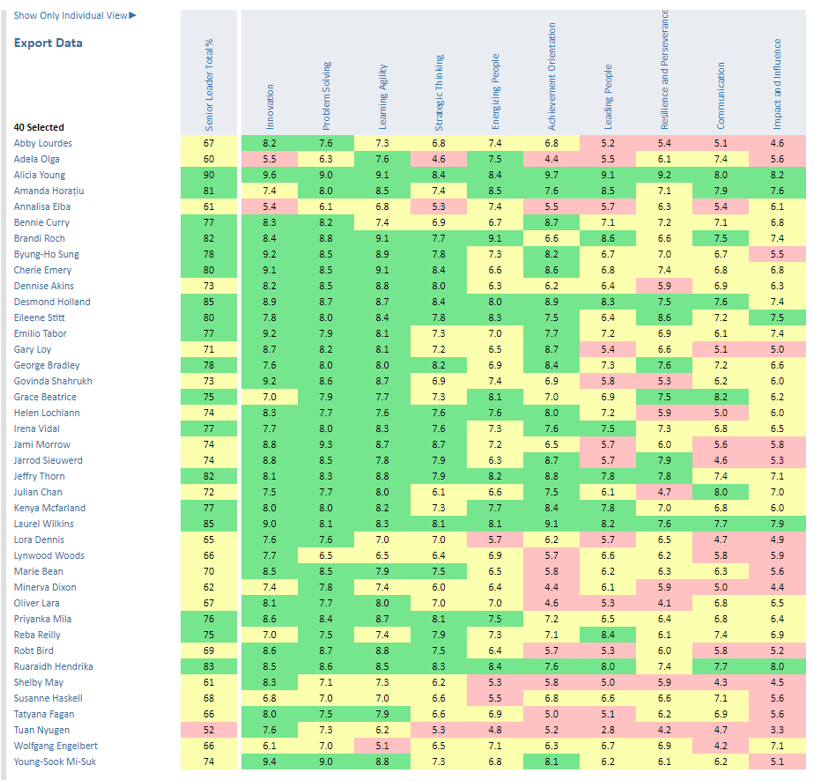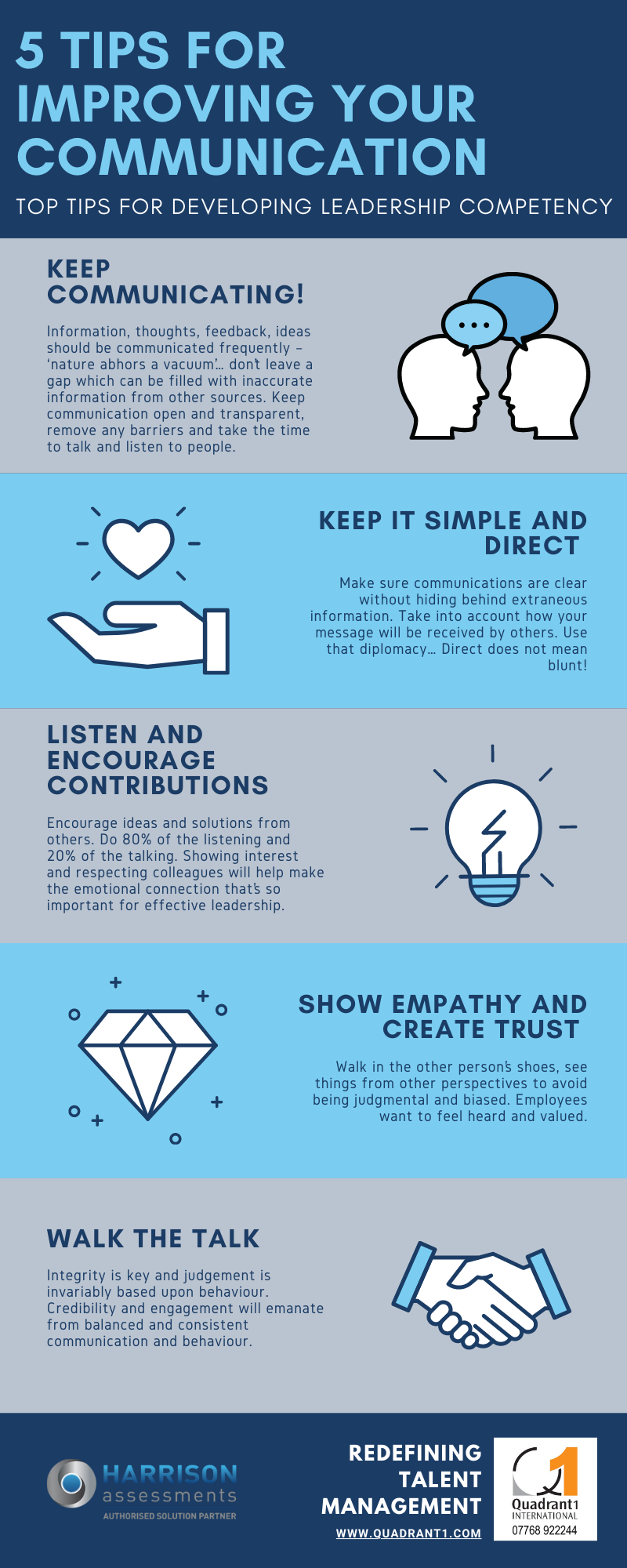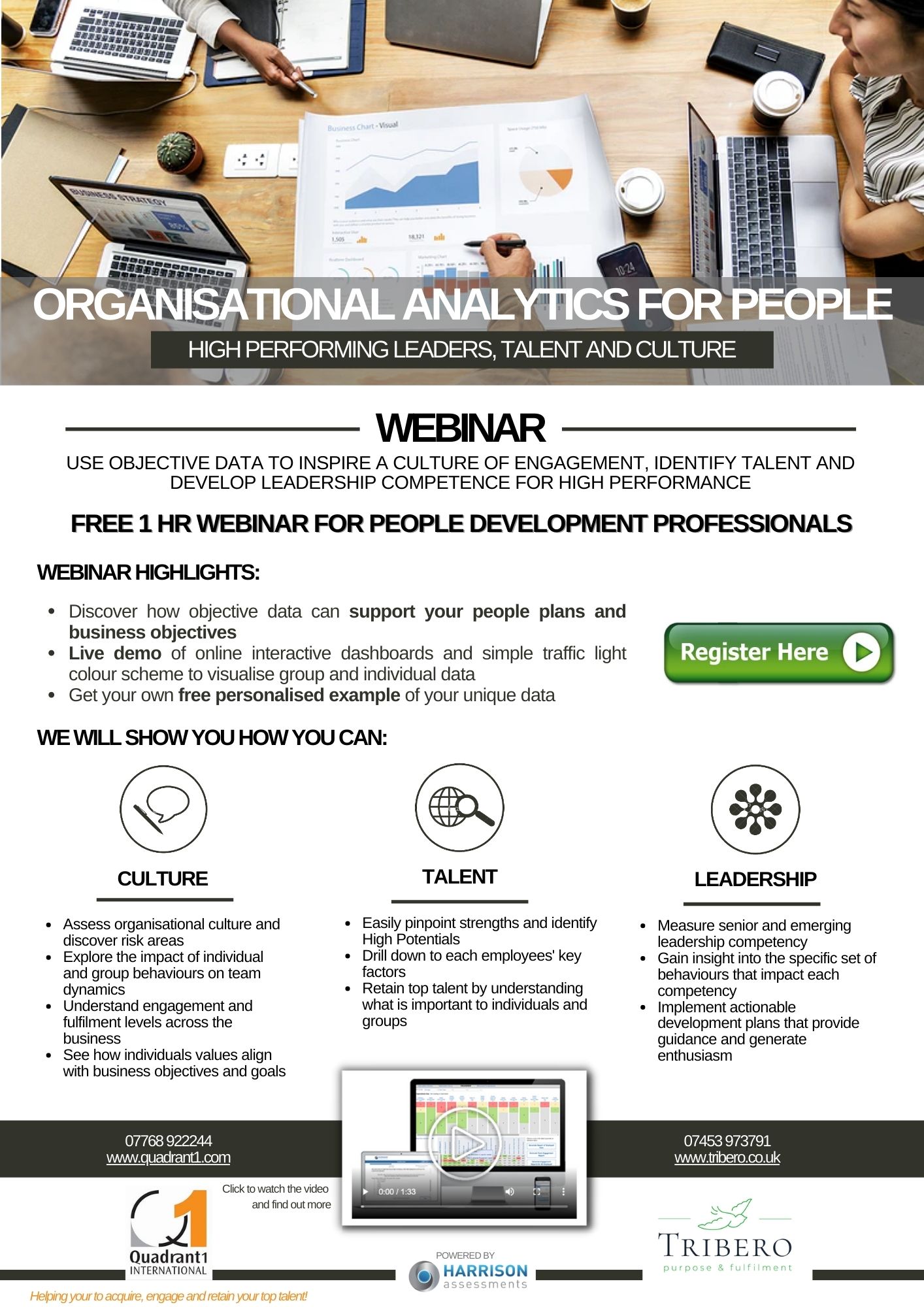What Makes HR Look Good in the Board Room – if indeed they even get there!

Photo by Jason Goodman on Unsplash
What Makes HR Look Good in the Board Room – if indeed they even get there!
Its easy to see the results of the Sales Director, the Operations Director and to review the numbers of the Finance Director. These things are tangible and measurable and tend to receive the majority of the Board Room focus because of this very nature.
Most organisations will tell you that their people are the most important resource they have and that looking after them and developing them is paramount. So why is it that the person who is Head of HR is often not represented on the Board and if they are, they often have to shout loudly to be heard?
The answer may be contained in just one word: ‘evidence’. People are not machines; they cannot be counted as a stock number and additionally, unlike stock, they have a thing called choice!
There are no norms – all people are exceptions to a rule that doesn’t exist
Fernando Pessoa – Late 19th Century Portuguese Poet
Hence HR people are often left with unquantifiable results. Being experts in their own field they can see what strategic decisions have to be made in relation to developing a productive, engaged workforce but with no statistical evidence this can be hard to justify.
Dan Harrison’s 30+ years of research into what makes people successful in the workplace, in particular roles and working in particular teams now gives us the very analytics needed to:
- Identify the success behaviours required to perform in a particular role
- Produce profiles against which to recruit successful candidates
- Assess for leadership, BCs, values-based behaviours, remote working EI and much more
- Conduct progressive engagement surveys upon which to make strategic engagement decisions as well as individual ones
Armed with such analytics, the HR professional stands a much better chance of making effective business cases in the Board Room!
If you would like to know more click here, or please contact me at pat@quadrant1.com







 This is just a snapshot of the high-level Organisational Analytics data available just across these 10 Leadership competencies. You can also get data for your people and your organisation on:
This is just a snapshot of the high-level Organisational Analytics data available just across these 10 Leadership competencies. You can also get data for your people and your organisation on:





